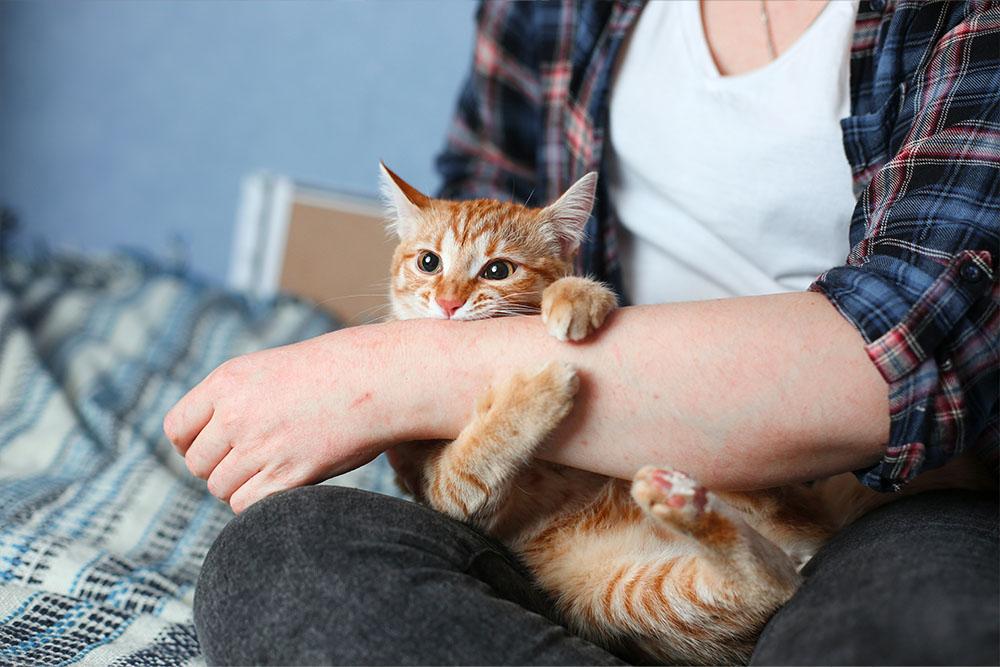Veterinarians to Cats Has Ideas That Can Help You Correct Your Cats Biting Habits
Cats are generally known for their gentle and playful nature, but sometimes they may resort to biting. If you’re dealing with a biting cat you’re not alone. In this blog, we’ll explore expert advice from Veterinarians to Cats on how to address and stop this behavior, ensuring a peaceful coexistence with your feline companion.
Understand the Triggers
The first step in addressing biting behavior in your cat is to understand the triggers. Cats may bite for various reasons, including fear, frustration, playfulness, or overstimulation. Identifying the underlying cause is essential for finding an effective solution.
Socialization and Early Training
Proper socialization and training are crucial for kittens. Encourage positive interactions from a young age, including gentle handling, play, and exposing them to various people and situations. Early training can prevent future biting issues.
Use Play to Drain Energy
Cats have a lot of energy to burn, and play is a great outlet. Engage your cat in interactive play with toys that mimic prey, such as feather wands or laser pointers. Providing mental and physical stimulation can reduce biting tendencies.
Recognize Warning Signs
Learn to recognize the warning signs that your cat is about to bite. These may include dilated pupils, twitching tails, flattened ears, or a tense body posture. When you notice these signals, back off and give your cat space.
Redirect Behavior
If your cat starts biting during playtime or while being petted, redirect their attention to a toy or treat. This can help teach your cat that biting is not an acceptable way to communicate or seek attention.
Gradual Desensitization
If your cat tends to bite when handled, practice gradual desensitization. Start by touching and handling your cat for short periods, rewarding them with treats and praise. Gradually extend the duration of handling as your cat becomes more comfortable.
Consult Our Veterinarians
If biting behavior persists or worsens, it’s essential to consult our veterinarians in Roanoke, VA. Medical issues, such as dental problems or pain, can sometimes trigger aggressive behavior. Your veterinarian can rule out any underlying health concerns and provide guidance on behavior modification techniques.
Seek Professional Help
In severe cases of biting aggression, it may be necessary to seek the assistance of a professional animal behaviorist or trainer. They can assess the situation and provide tailored strategies to address the issue.
Do you need more ideas for how to get your cat to stop biting? Call Veterinarians to Cats at (540) 989-1400. Follow us on Facebook for updates and more great information. We are ready to show you how to get your cat to stop biting.

